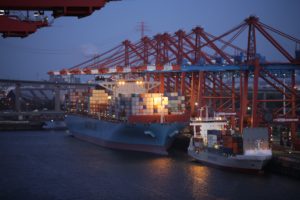
INCOTERMS
What is an Incoterm? INCOTERMS, as their name suggests “International Commercial Terms”, are international commercial terms, recognised and used throughout the world for international contracts.
Transporting your goods by air is simple, fast and safe.
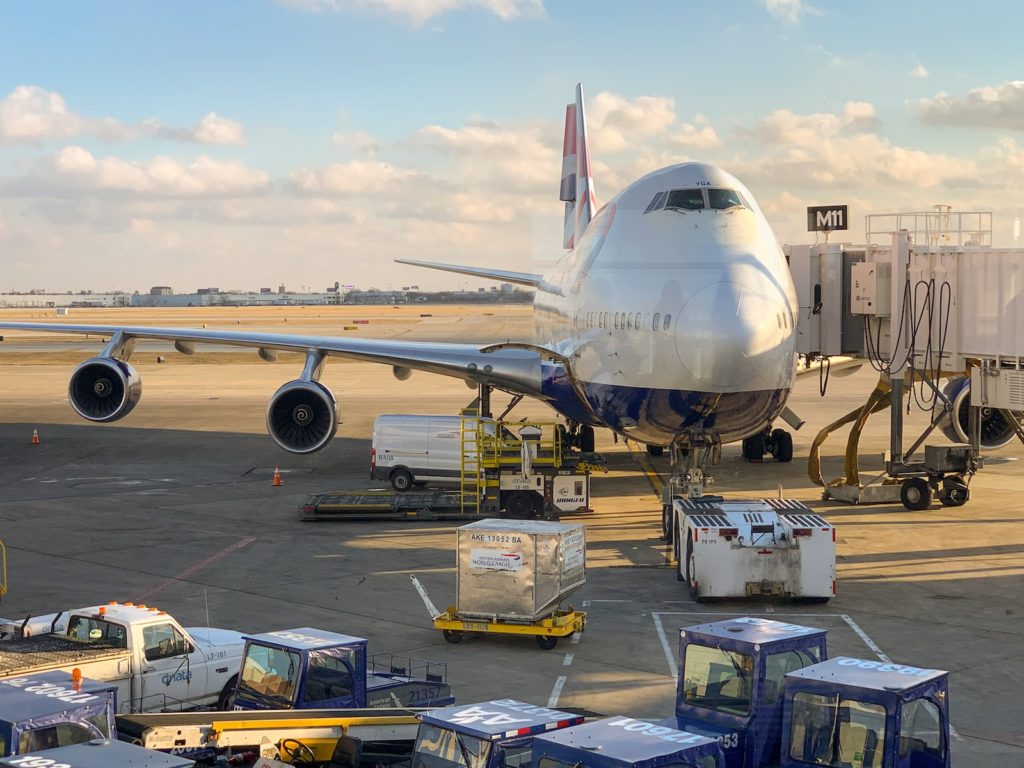
Air freight transport involves transporting goods by air. This activity is regulated by international conventions and IATA (International Air Transport Association) agreements.
As a result of globalisation, air transport has developed strongly in recent years and its use has increased, particularly for international shipments.
Air freight generates annual revenues estimated by IATA at 201.4 billion dollars in 2022. In 2023, revenues are expected to reach $149.4 billion, $52 billion less than in 2022 and $48.6 billion more than in 2019. Freight volumes are expected to fall to 57.7 million tonnes after peaking at 65.6 million tonnes in 2021.
Air transport accounts for just 1% of global commercial freight volume, according to IATA. Maritime transport remains the main competitor to air transport, followed by land and rail transport.
Air freight has a number of advantages that set it apart from other modes of transport.
Generally, the airline acts simply as a carrier. The shippers (those who arrange for the goods to be transported from one place to another) entrust their goods to air freight agents, forwarding agents and customs agents. It is these agents who hand over the goods to the carrier. Freight agents carry out customs operations, ensure that the goods are secure and retain responsibility.
For mixed carriers (passenger and freight) such as Air France-KLM, Swiss, Lufthansa, Emirates, Qatar Airways, Turkish Airlines, Royal Air Maroc, American Airlines, Air China, Air Canada, IAG, etc., cargo represents 5 to 15% of turnover. As the operation of the aircraft is made profitable by the transport of passengers, the airline can invoice freight at marginal cost and offer numerous frequencies.
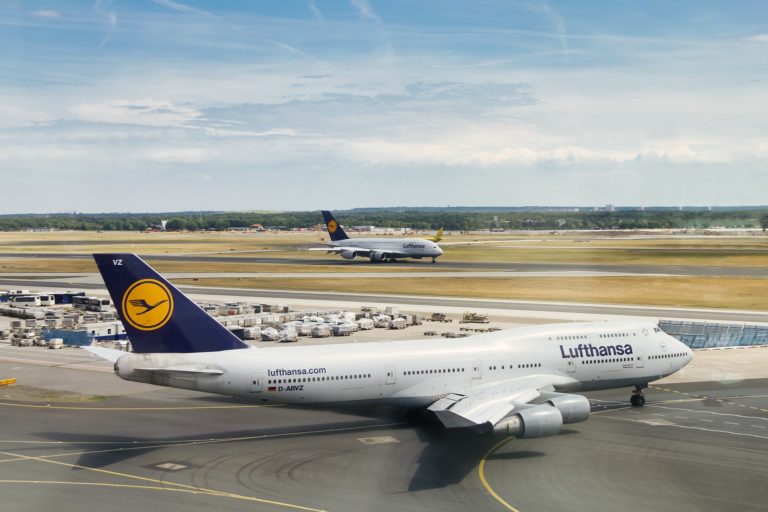
While a plane links Geneva to New York in eight hours, a boat takes around ten days to cross the North Atlantic (Le Havre-New York). This is an undeniable advantage, and its speed and safety give it de facto primacy over other modes of transport.
The air express freight industry developed in the United States in 1975 to compensate for the inadequacies of the postal system. It is still dominated by two Americans, FedEx and UPS. Their European competitors are DHL of Germany and TNT Express of the Netherlands.
The express freight concept has three main characteristics:
An integrator takes charge of all door-to-door transport operations, either directly or as a subcontractor: collection and distribution at the customer’s premises, pre- and post-carriage by land, sorting, customs clearance, air transport. Express freight operators are authorised to fly at night.
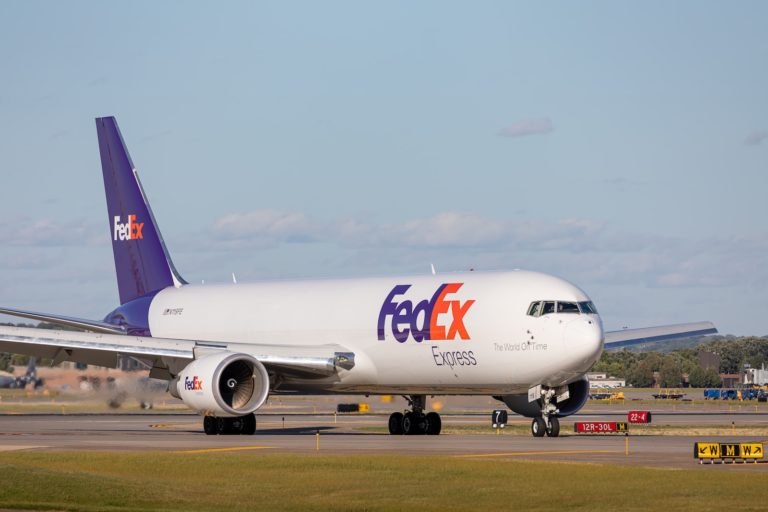
While a plane links Geneva to New York in eight hours, a ship takes around ten days to cross the North Atlantic (Le Havre-New York). This is an undeniable advantage, and its speed and safety give it de facto primacy over other modes of transport when it comes to transporting :
Discover the wide range of business and personal goods that can be transported by the Agence Fret Cargo.
In the civil sector, a distinction is made between cargo and passenger aircraft.
3 types of aircraft are used to transport goods by air:
It is estimated that around 70% of air freight is carried in the holds of passenger aircraft. However, cargo aircraft still offer significant advantages. Firstly, the volumes they carry are fixed and known in advance. Secondly, they are more reliable in terms of routes and schedules. Finally, they can offer customers a range of specific services, such as the transport of dangerous goods. In any case, they are essential on very busy routes, where passenger services alone are not enough to absorb the demand for freight. For example, on an Asia-North America route, 150 passenger aircraft would be needed to provide the service offered by 10 cargo aircraft.
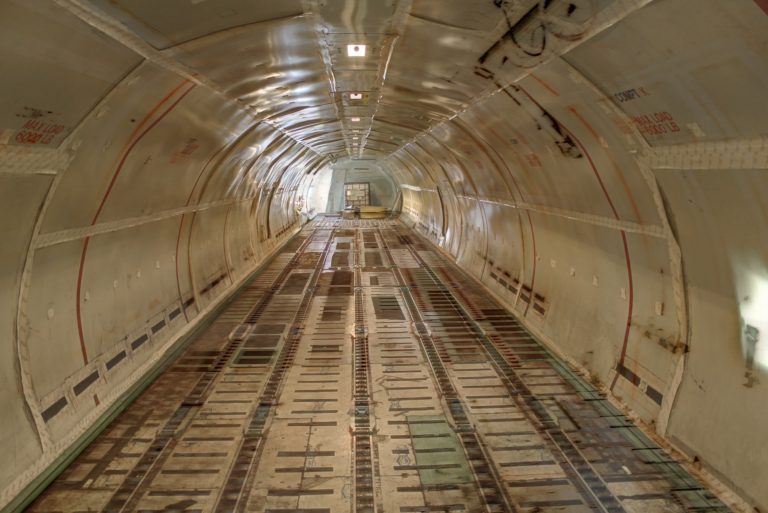
Boeing dominates the air freight market. The American aircraft manufacturer claims 90% of the world’s freight capacity. Its passenger aircraft are also renowned for their cargo capacity.
Some freight is now handled by older aircraft that are no longer used for passenger transport. But increasingly strict noise and pollution standards in Europe are forcing them into retirement.
What passenger and freight aircraft have in common is the structure of their interior space, which is divided into two levels. The main level is the upper deck. In the case of passenger aircraft, the upper deck is reserved for passengers, while in the case of cargo aircraft, it is reserved for freight. The lower deck (the hold) is dedicated to passenger baggage and freight. The capacities of long-haul cargo aircraft range from 65 tonnes for the MD11 to 100 tonnes for the B777 and 115 tonnes for the B747-400. The cargo version of the A380, still in the planning stage, would have had a capacity of 150 tonnes. Due to industrialisation problems with the A380-800 and the withdrawal of major customers, Airbus decided to suspend development of the freighter version.
Air freight, which is particularly vulnerable to terrorist acts, is strictly controlled and access to it is restricted and monitored by the authorities.
The term air transport draws a distinction between the notions of safety and security. Safety is the prevention of possible technical incidents on board an aircraft, while security is based on the prevention of possible illegal or terrorist acts. As such, its main aim is to prevent the introduction of any explosive device on board civil aircraft (in hold or cabin baggage or via cargo carried in the hold, etc.) or the carriage on board of weapons or any object that could be used for air piracy. Air freight is obviously no exception to security concerns, especially as the proportion of general cargo travelling in the holds of passenger aircraft is constantly increasing.
Framework security measures have been implemented by States. The standard stipulates that the obligation to secure cargo lies with the airline, agent, freight forwarder or any other entity that carries out security controls relating to cargo or mail.
This obligation may be delegated to a cargo agent holding a regulated agent’s licence.
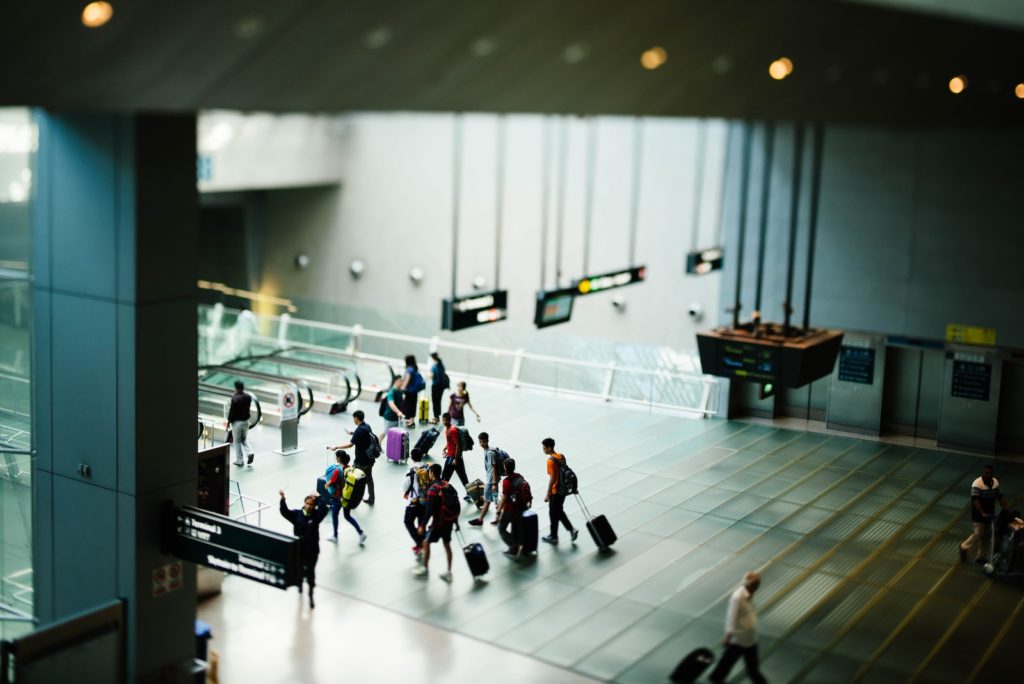
This public interest mission is therefore carried out by private operators. In terms of responsibility, the Transport Code specifies that in order to ensure preventive flight security, the air carrier must implement security measures for freight and postal parcels before they are taken on board the aircraft.
The air carrier :
Cargo or postal parcels, which cannot be checked after packaging due to their characteristics, are only handed over to the regulated agent by a known sender.
A company or organisation involved in organising the transport of freight or postal parcels and which implements appropriate controls and procedures may be approved as a regulated agent by the administrative authority.
A company or organisation may be approved as a known consignor by the administrative authority if it implements, directly or under its control, appropriate measures during the packaging of goods and postal parcels dispatched at its request and preserves the integrity of these goods until they are handed over to a regulated agent.
In most cases, goods are secured by passing them through X-ray machines, free path techniques or odorology. However, not all goods can always be physically checked after they have been packed. This is the case, for example, for parcels that are “out of format” in relation to the dimensions of the X-ray machine tunnel, due to the nature of the goods.

What is an Incoterm? INCOTERMS, as their name suggests “International Commercial Terms”, are international commercial terms, recognised and used throughout the world for international contracts.
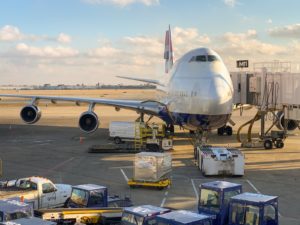
Transporting your goods by air is simple, fast and safe.
As a result of globalisation, air transport has developed strongly in recent years and its use has increased, particularly for international shipments

Logistics is a complex business where there are many ways to ship and deliver goods. For a shipper, it is essential to consider which way of transporting goods is the most appropriate and efficient to meet its needs or those of its customers.

For more than thirty years, Agence Fret Cargo has been transporting your parcels from all over the world to Geneva, and from Geneva to anywhere in the world. Over the years, our family-run SME has built up an extensive network of more than 320 partners around the world. In addition, we have transported parcels for more than 35,000 orders. The Agence Fret Cargo, the company on which the sun never sets.